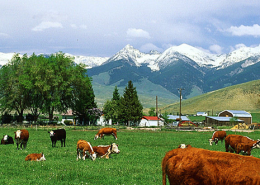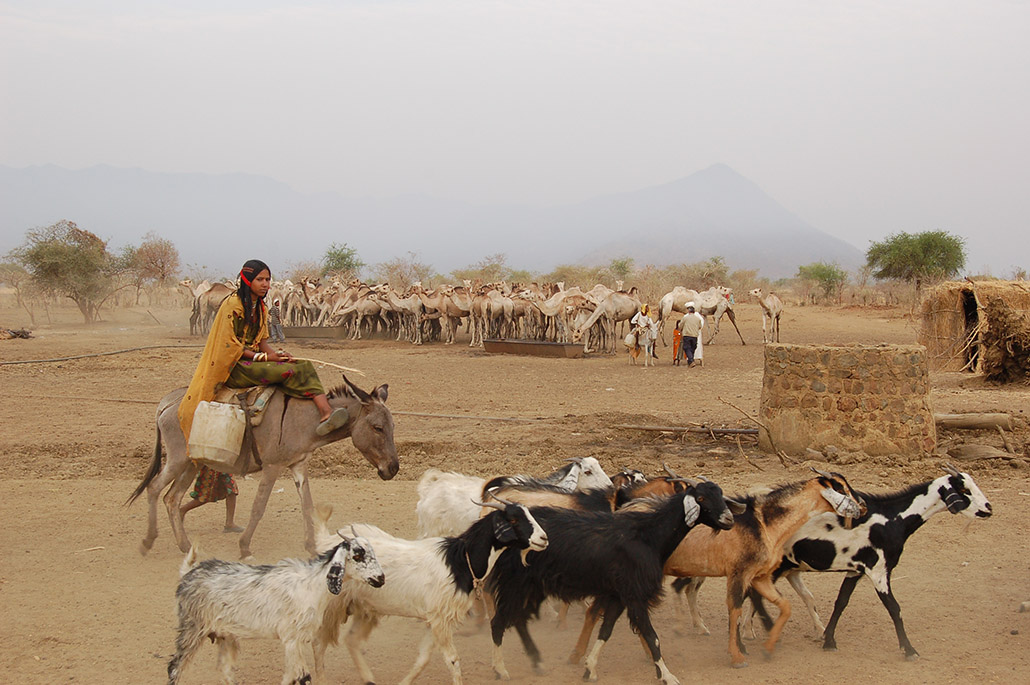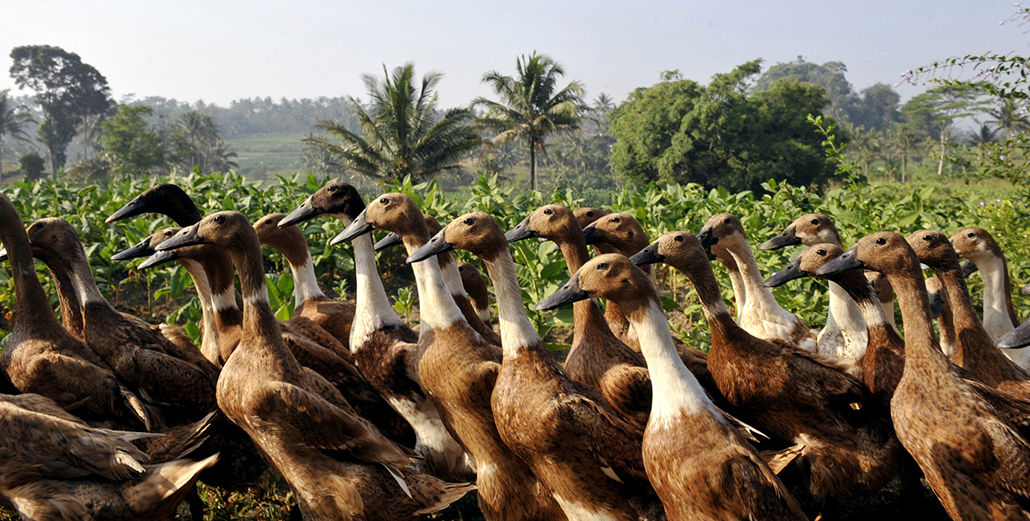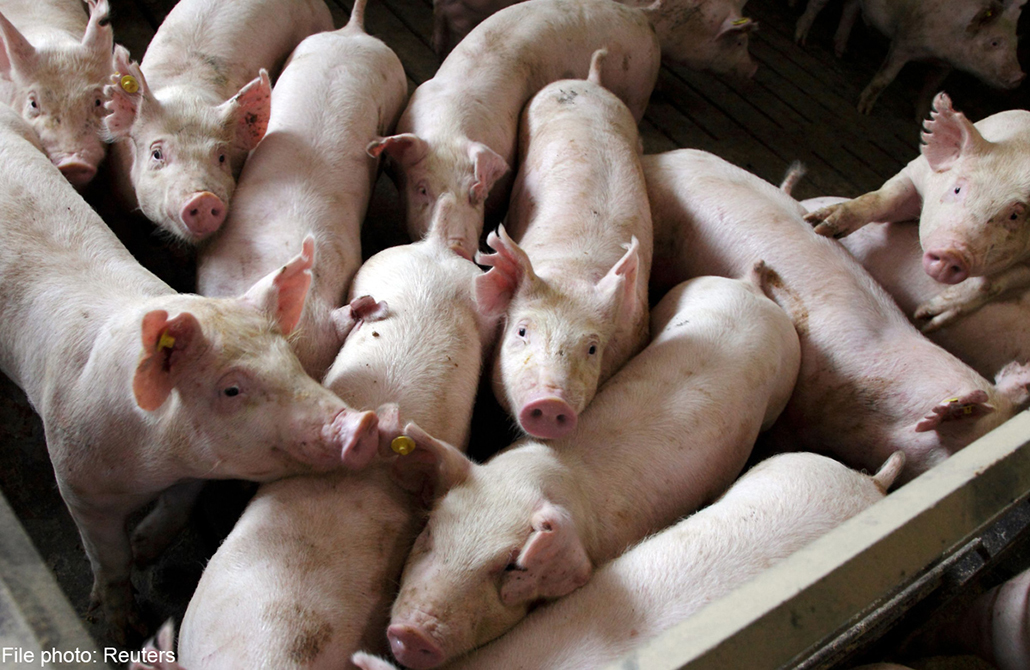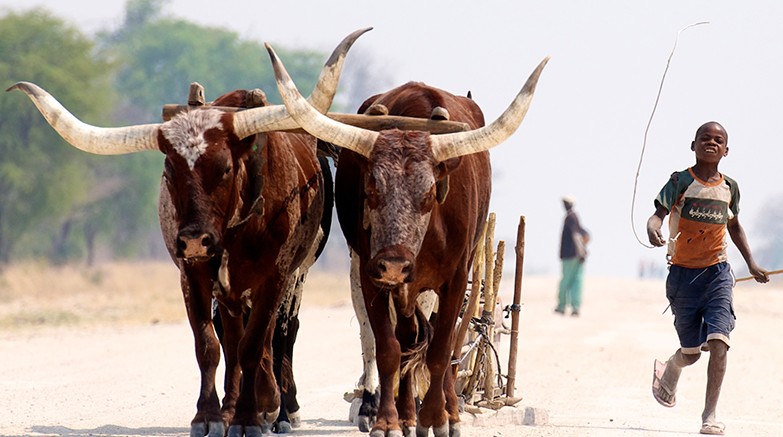SPADA – Strategic Pathogen Assessment for Domesticated Animals
Place: Global • Dates: 2006 • Partner: FAO
Animal diseases are responsible for a host of economic impacts manifesting themselves through a variety of pathways. These disruptions can be specific to the livestock sector itself, as well as in related downstream industries (e.g., processing, distribution, retail), but can also affect ‘non-livestock sectors’ such as services or tourism (e.g. when wildlife are affected). While the depth of commercial impacts of animal diseases rests on the degree of trade and commercialization associated with both a particular production system and international regulations governing such trade, animal disease impacts extend into the human health sector in case of zoonotic diseases such as avian influenza or Rift Valley Fever (RVF). At the same time, livelihoods impacts are paramount in many contexts, because the success or failure of disease control programs is intimately related to support and compliance offered by livestock keepers. This aspect is particularly relevant in the developing world where livestock serve important non-commercial roles (e.g. insurance, savings) and are for many households an important pathway out of poverty.
Most Recent Entries

Low Carbon Biomass Conversion in the Sierra Nevada
